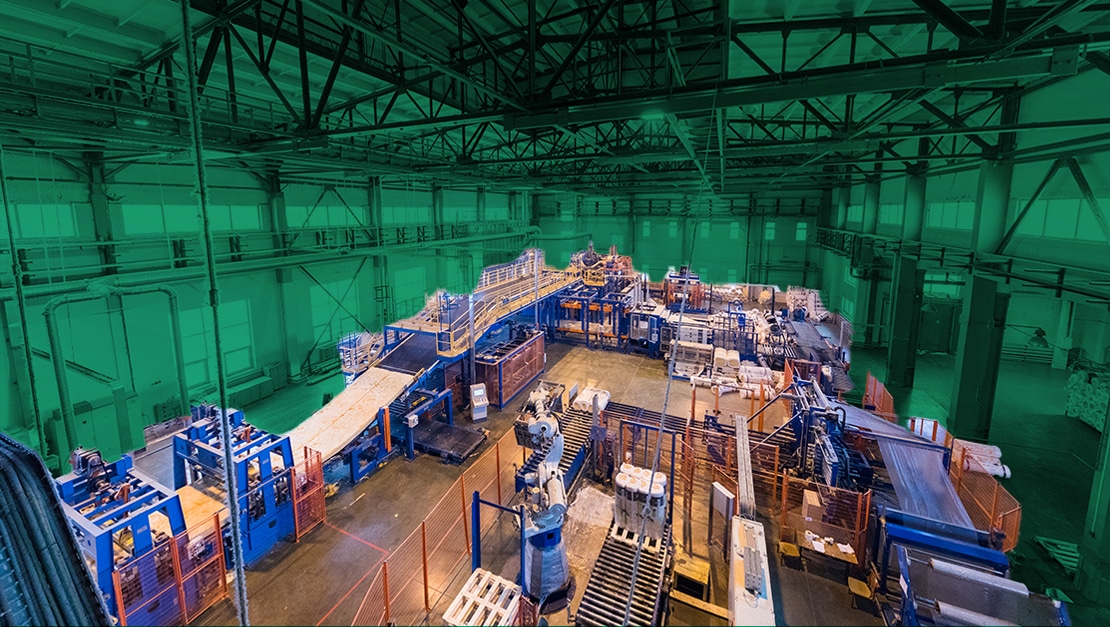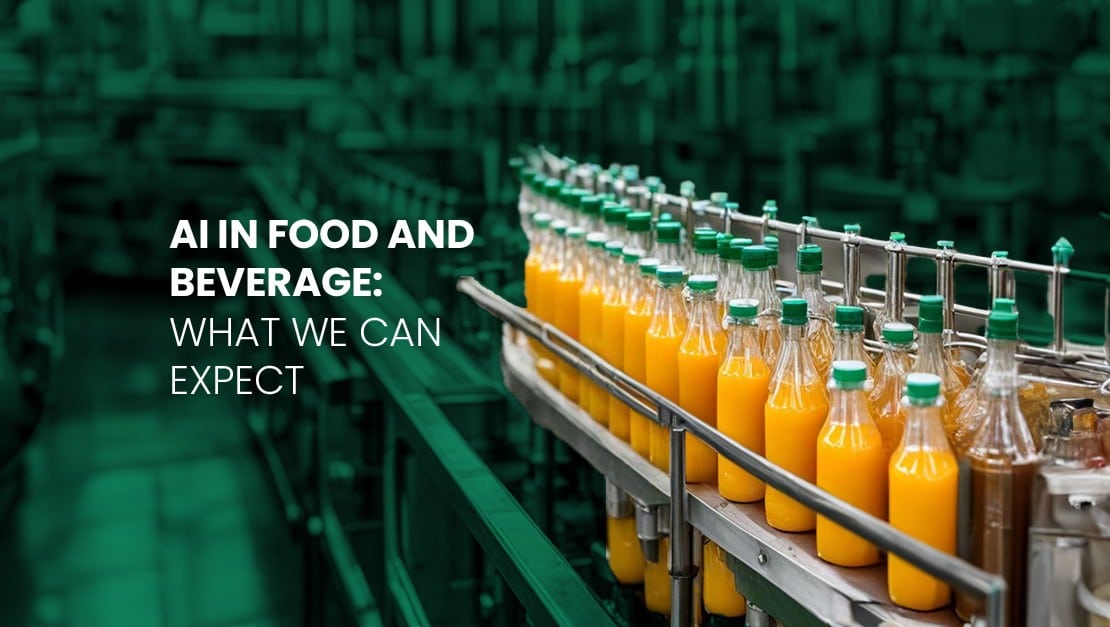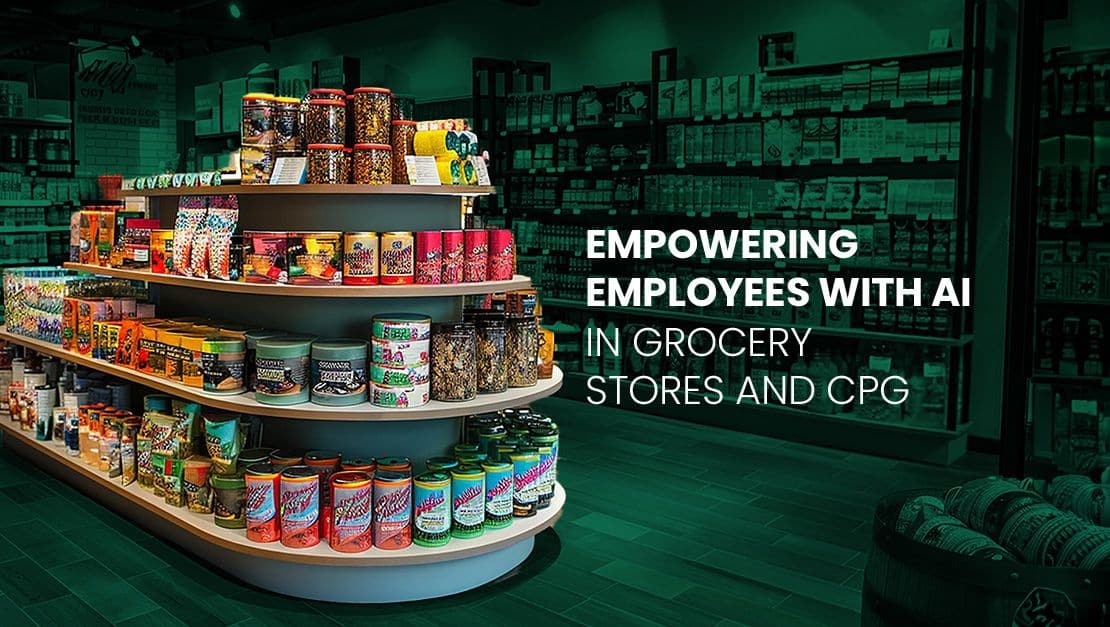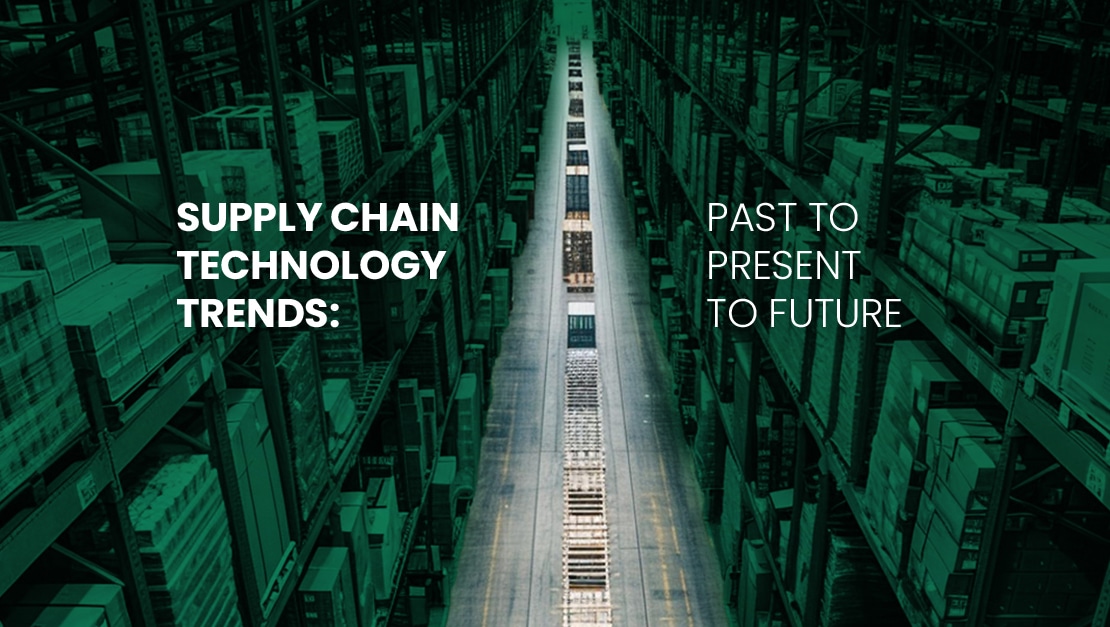Traditional and manual manufacturing operations are slowing companies down, which is why they’re seeking out a modern approach to manufacturing processes, ushering in an era of digital transformation. Thanks to the continued advancement of new technologies, more and more manufacturers can take part in the digitization of the industry.
Businesses seeking to remain competitive and adapt to market demands in a digital age are turning to new technologies like the Internet of Things (IoT) devices, artificial intelligence (AI), and more to drive impactful change in operations. These new technologies have the power to render manufacturers more efficient, productive, and resourceful.
In this blog post, we’ll take a closer look at the role of digital transformation in manufacturing, including what’s driving it, key technologies, case studies, and how technologies like aiOla are making adoption easier.
What Is Digital Transformation in Manufacturing?
Digital transformation refers to the shift to new digital technologies that enhance all aspects of the business, from operations to the customer experience. When it comes to manufacturing, this looks like systems that are more interconnected, smart technologies that lessen the burden on employees, and automation that reduces downtime and improves quality and productivity.
It’s important to differentiate between the digitization of manufacturing and digital transformation. While digital transformation relies on new and emerging technologies, like AI, IoT devices, and others, digitization is the simple conversion of analog data into digital formats. While this is, of course, helpful for manufacturers, it doesn’t use the converted data in more advanced ways, therefore keeping overall operations traditional.
With digital transformation, manufacturers experience a strategic shift that redefines how their company operates. New technologies like AI in manufacturing are driving more value, leading to different opportunities, new processes, and additional revenue streams.
Drivers of Digital Transformation in Manufacturing
While manufacturing is aiming to catch up with other more technically advanced industries, the digital transformation in manufacturing is being propelled forward by a few different needs. As the industry continues to embrace new technologies, it’s important to understand what spurred this need for transformation to grasp which systems are most relevant in the field. Let’s look at some main drivers of digital transformation in the manufacturing industry.
1. Economic Pressure
As the current market becomes more and more competitive, manufacturers are facing rising pressure to reduce costs while simultaneously improving productivity and optimizing resources. As costs worldwide inflate and people struggle to keep up with the growing cost of living, manufacturers are expected to work towards reducing costs to pass those savings along to the customer. Digital transformation creates a path forward by allowing for more efficient processes, real-time monitoring, and predictive maintenance, which all contribute to reducing overall costs.
2. Customer Expectations
Customers have come to expect both personalized experiences, higher quality, and quicker delivery times. For manufacturers, and therefore companies, to remain competitive, they need to be able to evolve their services to offer more customized experiences and reliable delivery without skimping on quality. According to a survey, 45% of respondents believe that the need to higher-quality products is driving digital transformation in manufacturing. Digital technologies like AI and IoT devices help manufacturers gather important data, customize products, and get real-time order updates, allowing them to better meet expectations.
3. Technological Advancements
The rapid advancement of technologies like IoT, AI, cloud computing, and others has made these systems more accessible and cost-effective for all sizes of manufacturers. With more available tools on the market, manufacturers can take advantage of them to improve their operations without incurring massive costs. Previously, many of these tools were only accessible to larger enterprises, but as these technologies continue to be democratized, the playing field is leveling and driving adoption industry-wide.
Key Technologies in Manufacturing’s Digital Transformation
Digital transformation in manufacturing is being driven by several key technologies. These technologies are changing the way manufacturing floors operate, making them safer, more productive, and more cost-efficient. A few of these key technologies include:
- Internet of Things (IoT): Devices like internet-connected sensors are allowing manufacturers to collect data in different processes and enhance smart factories where equipment can “speak” to each other to optimize efficiency and improve real-time monitoring to improve supply chain technology, visibility, and reduce downtime.
- Artificial Intelligence (AI) and Machine Learning (ML): Both of these technologies rely on algorithms to identify trends and patterns to least to automated decision-making, which can be applied to predictive maintenance, inspection processes, quality control, and the identification of inefficiencies.
- Robotics and Automation: Robotics and automation technologies can perform repetitive and manual tasks quicker and with more precision than humans, speeding up production, reducing opportunities for error, and freeing up employees for more complex tasks.
- Additive Manufacturing (3D Printing): The ability to build objects layer by layer allows manufacturers to produce complex parts that are a lot more difficult to achieve with traditional manufacturing methods, while also creating the opportunity to produce customized products on demand in less time without incurring inventory costs.
3 Success Stories of Digital Transformation in Manufacturing
Despite the challenges of digital transformation in manufacturing, such as data security risks, employee training, and integrating new technologies into legacy systems, it’s entirely possible to transform your operations successfully. The benefits of digital transformation in manufacturing far outweigh any potential roadblocks, and many companies have recognized this and transformed their businesses with technologies like AI, IoT, robotics, and more. Here’s a look at a few digital transformation examples in manufacturing.
Toyota
As a large vehicle manufacturer, Toyota implemented digital transformation in its manufacturing practices to meet market demands of quicker preparation time and better operational efficiency. Through technologies like automation, robotics, and 3D modeling, Toyota has been able to maximize human resources while reducing production preparation lead time by 50% and increasing productivity by 20%. New technologies are allowing Toyota engineers to create new designs they previously thought were too difficult to create, allowing employees to expand their skill base and focus on more creative tasks while technology does the heavy lifting.
Bosch
Bosch, an industry leader in consumer goods, has transformed its manufacturing process by implementing cutting-edge technologies like IoT, cloud computing, AI and ML, and analytics to create smart manufacturing systems, ushering in Industry 4.0. Thanks to automation, made possible by these technologies, Bosch was able to achieve a 30% reduction in stocks with real-time visualization and enhance productivity and efficiency by using predictive maintenance to reduce downtime.
Airbus
Airbus, a large aircraft manufacturer, embarked on a digital transformation journey to improve its manufacturing processes and enhance aircraft design, production, and safety. By using technologies like robots, data analytics, IoT devices, and digital twins, Airbus was able to increase efficiency. The company is manufacturing faster using 3D virtual model systems and using data analytics and IoT devices to capture data that helps them be more efficient in storage and reduce rework during manufacturing by up to 20%, speeding up production.
Boosting Digital Transformation With aiOla’s Speech AI
With new technologies emerging all the time to further improve digital adoption and transformation, more and more opportunities arise for manufacturing companies to further improve operational efficiencies. aiOla is offering manufacturers and other companies a way to harness spoken language to break the speech barrier and further optimize manufacturing processes.
With aiOla’s speech AI technology, we’re able to help companies extract critical data through spoken word, an otherwise forgotten source of important information. With this data, manufacturers can further trigger workflow automations and analyze reliable data for even stronger decision-making. With aiOla, manufacturers can:
- Connect global plants through aiOla’s ability to identify over 100 languages, dialects, accents, and any industry jargon
- Significantly reduce inspection time of manufacturing machinery through speech-based data collection instead of manual collection
- Gather data in real time to support more accurate decision-making
- Reduce the rate of human error by removing manual and paper processes and communication delays
- Optimize quality control, predictive equipment maintenance, supply chain automation, and safety protocols through hands-free operation
After implementing aiOla, a Fortune 200 manufacturing company was able to reduce incident resolution time by 60% while seeing 4 fewer safety issues per shift. In addition, other aiOla users experienced a 30% increase in production uptime, a 45% decrease in inspection time, and a staggering 90% reduction in manual operations.
Speaking Words Into Digital Transformation
Transforming manufacturing operations is a long process, one that requires a lot of advanced planning, careful consideration, and time investment. However, not all new digital technologies are difficult to implement. Given aiOla functions entirely on speech, the onboarding and implementation processes require almost no downtime, extensive training, or disruption to existing workflows.
With technologies like aiOla making it easier and more accessible for companies to transform their operations using digital systems, the possibilities for greater manufacturing efficiencies is limitless.
Book a demo with one of our experts to see how aiOla can help you transform your manufacturing operations.








